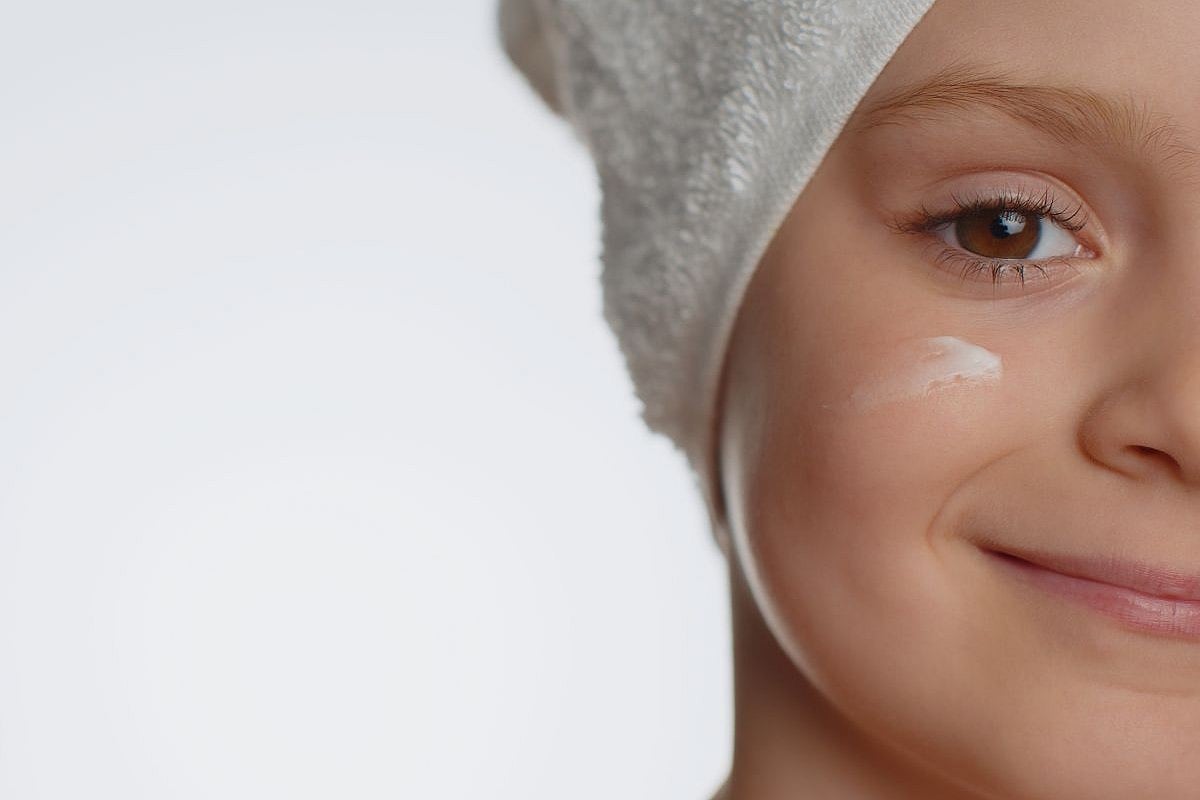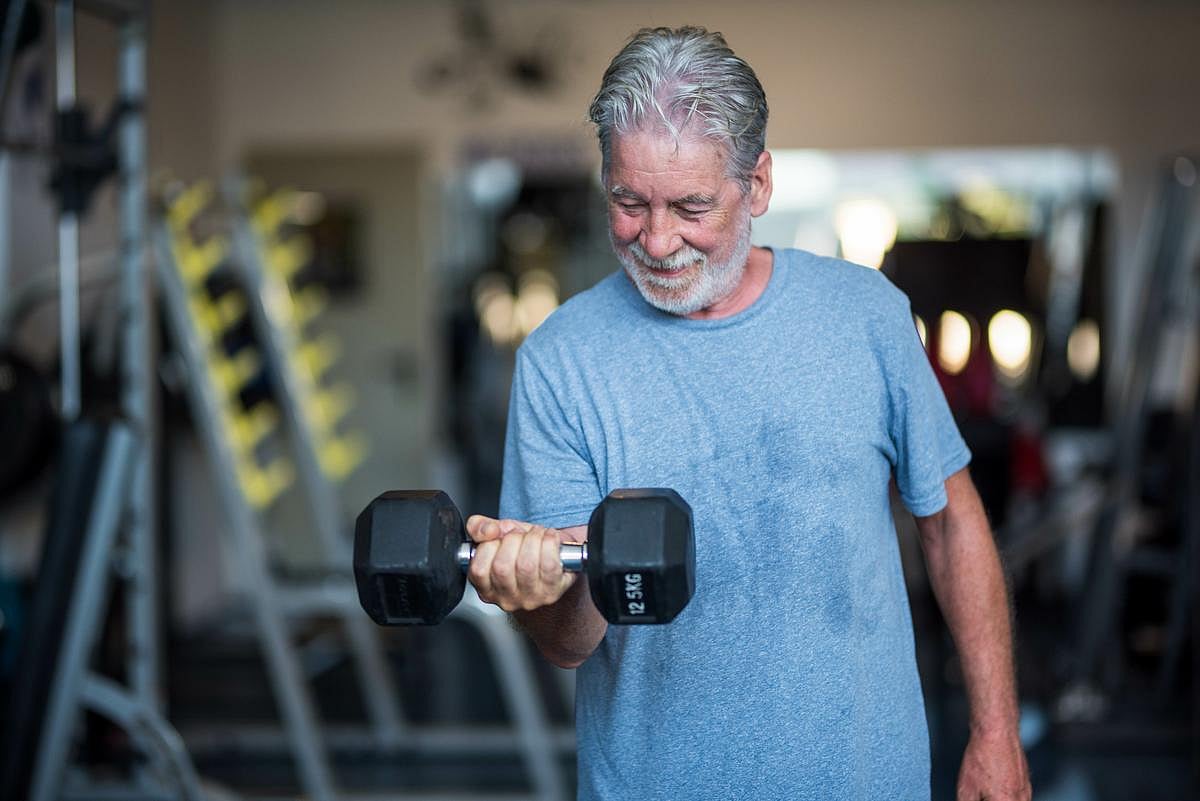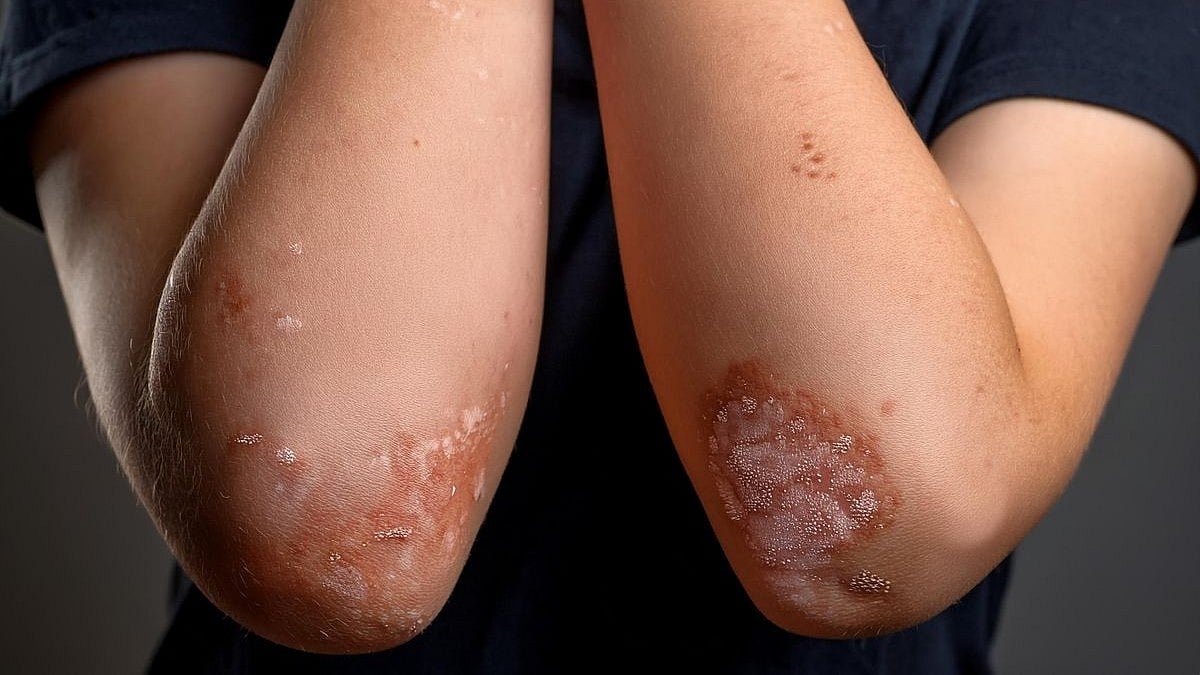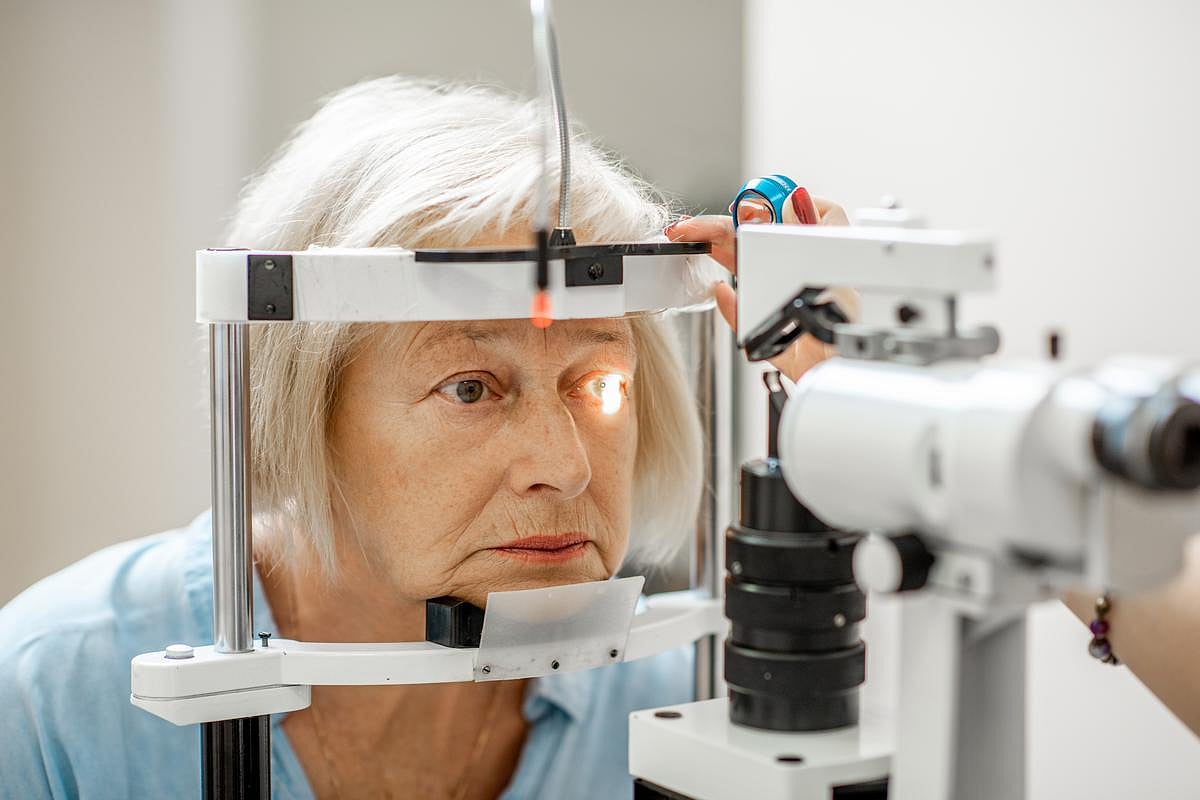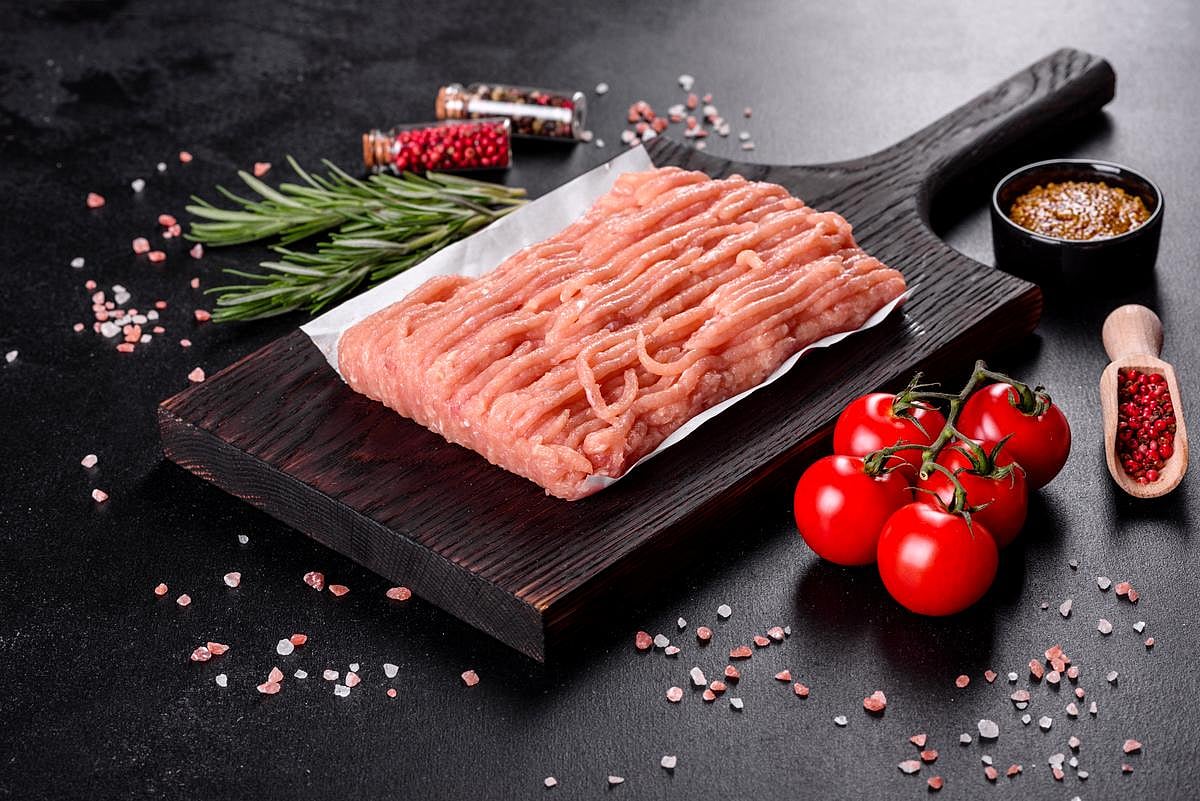
Researchers have identified a surprising source for a significant number of urinary tract infections (UTIs): contaminated meat. A new four-year study found that almost 1 in 5 UTIs detected among a group of patients in Southern California were likely caused by E. coli bacteria found on chicken, turkey, pork or beef products. In the U.S.,… read on > read on >










